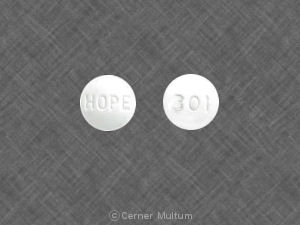Scopolamine Interactions
There are 349 drugs known to interact with scopolamine, along with 17 disease interactions, and 3 alcohol/food interactions. Of the total drug interactions, 10 are major, 322 are moderate, and 17 are minor.
- View all 349 medications that may interact with scopolamine
- View scopolamine alcohol/food interactions (3)
- View scopolamine disease interactions (17)
Most frequently checked interactions
View interaction reports for scopolamine and the medicines listed below.
- Adderall (amphetamine / dextroamphetamine)
- Ambien (zolpidem)
- Ativan (lorazepam)
- Benadryl (diphenhydramine)
- Claritin (loratadine)
- Colace (docusate)
- Cymbalta (duloxetine)
- Flonase (fluticasone nasal)
- Lexapro (escitalopram)
- Lyrica (pregabalin)
- Metoprolol Succinate ER (metoprolol)
- MiraLAX (polyethylene glycol 3350)
- Mucinex (guaifenesin)
- Norco (acetaminophen / hydrocodone)
- Nurtec ODT (rimegepant)
- Paracetamol (acetaminophen)
- Phenergan (promethazine)
- Protonix (pantoprazole)
- Reglan (metoclopramide)
- Singulair (montelukast)
- Synthroid (levothyroxine)
- Tylenol (acetaminophen)
- Vitamin B12 (cyanocobalamin)
- Vitamin C (ascorbic acid)
- Vitamin D3 (cholecalciferol)
- Wellbutrin XL (bupropion)
- Xanax (alprazolam)
- Zofran (ondansetron)
- Zoloft (sertraline)
- Zyrtec (cetirizine)
Scopolamine alcohol/food interactions
There are 3 alcohol/food interactions with scopolamine.
Scopolamine disease interactions
There are 17 disease interactions with scopolamine which include:
- autonomic neuropathy
- GI obstruction
- glaucoma
- obstructive uropathy
- reactive airway diseases
- myasthenia gravis
- infectious diarrhea
- cardiac disease
- tachycardia
- coronary artery disease
- gastric ulcer
- gastroesophageal reflux
- ulcerative colitis
- hypertension
- hyperthyroidism
- diarrhea
- fever
More about scopolamine
- scopolamine consumer information
- Compare alternatives
- Pricing & coupons
- Reviews (210)
- Side effects
- Dosage information
- During pregnancy
- Drug class: anticholinergic antiemetics
- Breastfeeding
- En español
Related treatment guides
Drug Interaction Classification
| Highly clinically significant. Avoid combinations; the risk of the interaction outweighs the benefit. | |
| Moderately clinically significant. Usually avoid combinations; use it only under special circumstances. | |
| Minimally clinically significant. Minimize risk; assess risk and consider an alternative drug, take steps to circumvent the interaction risk and/or institute a monitoring plan. | |
| No interaction information available. |
Further information
Always consult your healthcare provider to ensure the information displayed on this page applies to your personal circumstances.


